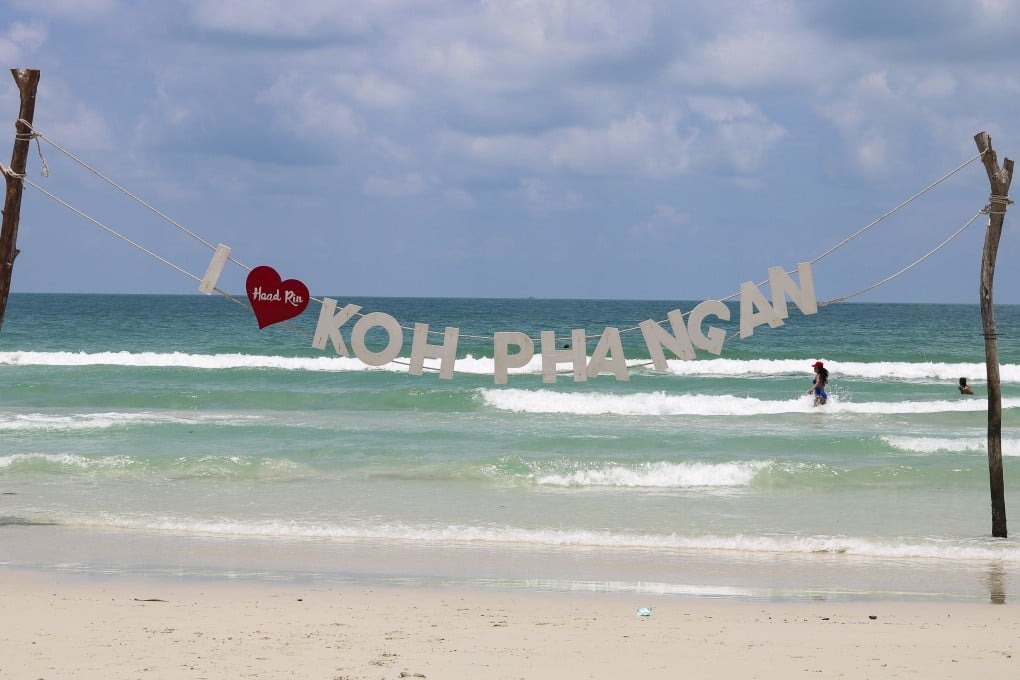It’s not all full moon parties on Thailand’s Koh Phangan – Muay Thai gyms, lush nature and music have visitors staying long-term on the island
- As quickly as the full moon crowds appear on Koh Phangan, they disappear – leaving a slice of tranquil paradise for those still on the island
- From its resorts with hammocks and yoga retreats to a national park, Phangan feels more laid back than commercial cousins Phuket and Koh Samui

The tide is in, the sea lapping gently against the guest house walls of Haad Rin Nai, also known as Sunset Beach, at the southern tip of Thailand’s Phangan island.
The reason for the imminent surge, and corresponding price increase, is the full moon party being held on nearby Haad Rin Nok, or Sunrise (as opposed to Sunset) Beach. Koh Phangan’s biggest party is the principle reason for many to visit the island.
“It’s up there with Ibiza and Goa on party people’s calendar,” enthuses the proprietor.

Except I’m not really “party people” and the prospect of a hedonistic hoard disrupting this corner of paradise is a dispiriting one. Lonely Planet claims Phangan is celebrated for both “full moon parties and hammock hanging” and it’s to the latter I’m drawn.
Lunching in Baan Nong Praew, a family-run cafe on the road between Sunset and Sunrise beaches, I meet Sontaya “Son” Shtongrun, a son of a fisherman who frequents the cafe to discuss the news of the day over a Thai whisky and soda. His Seaside Bungalows have been empty of tourists since Covid-19 swept across Southeast Asia in early 2020, and I negotiate a good price for a month’s stay.